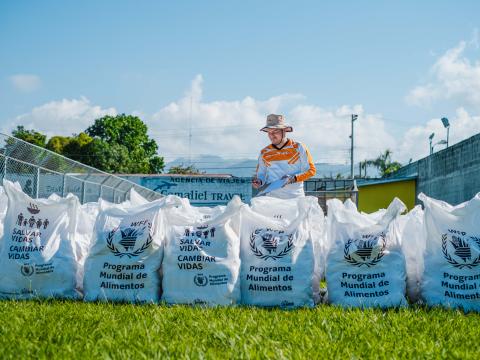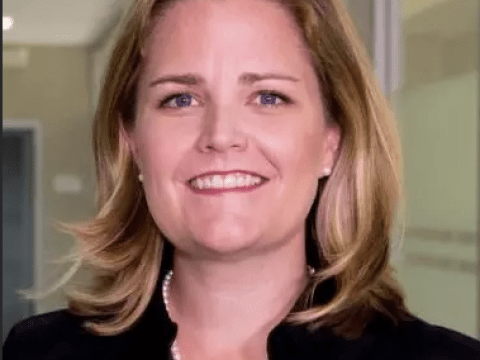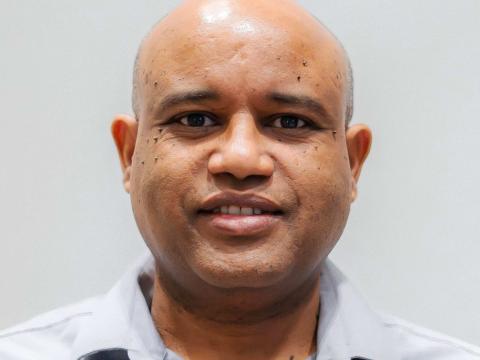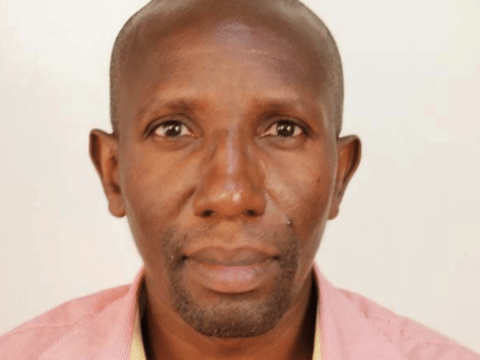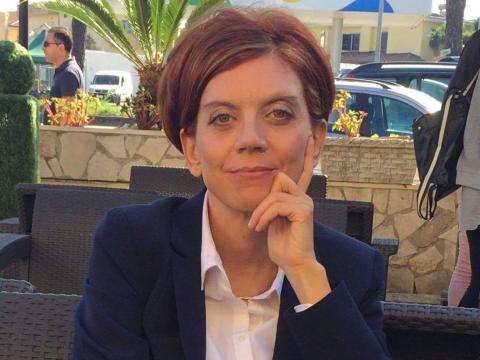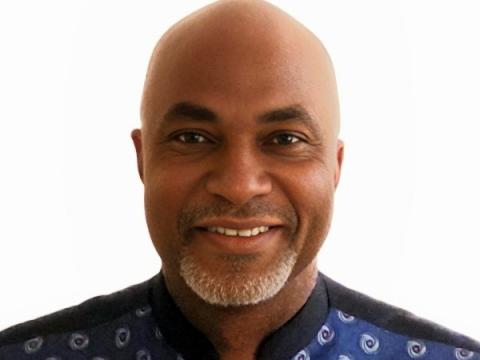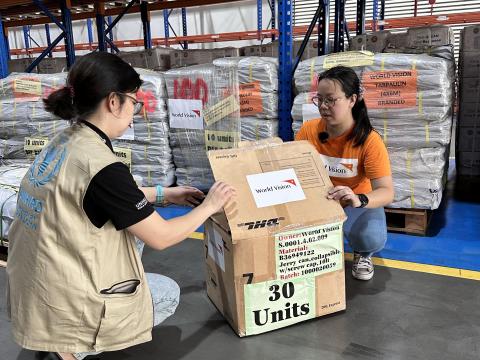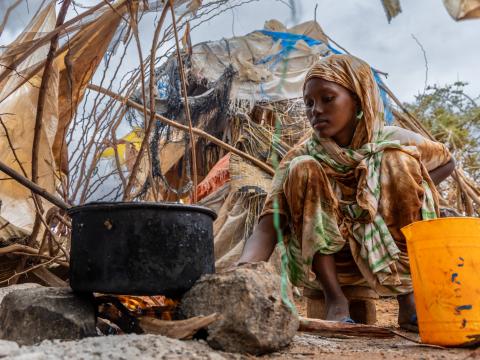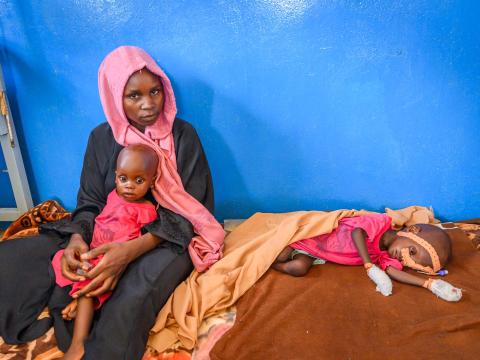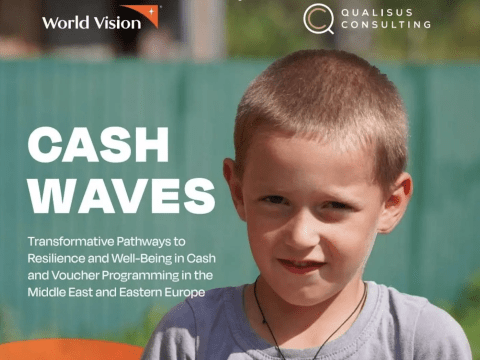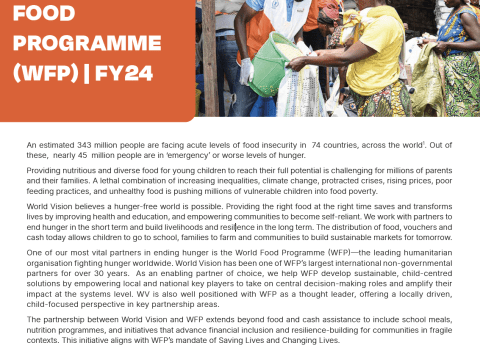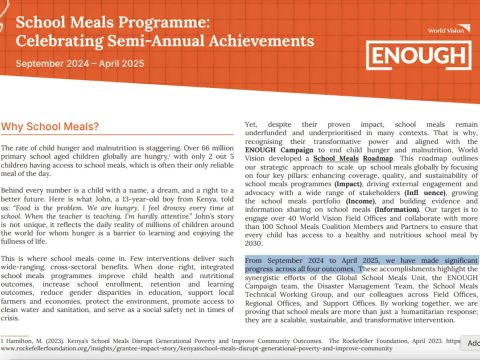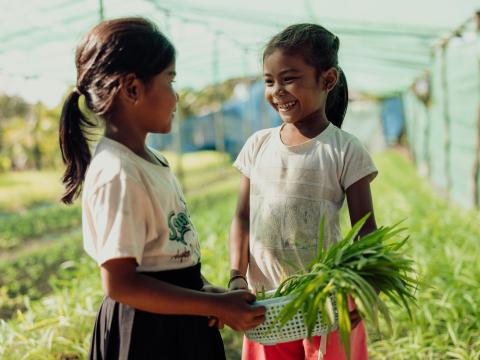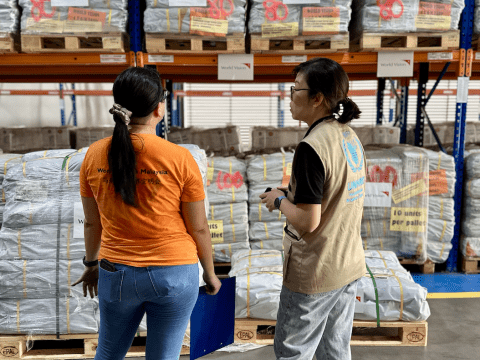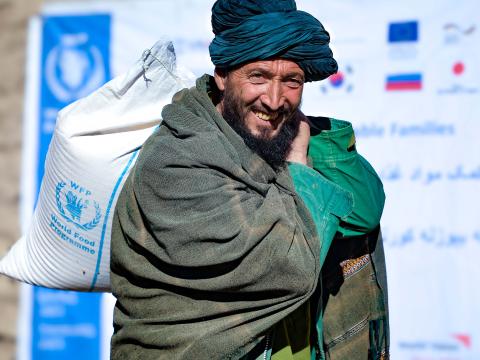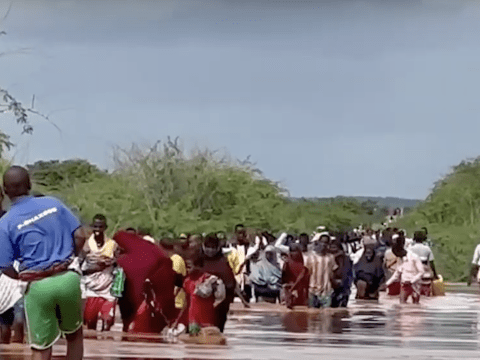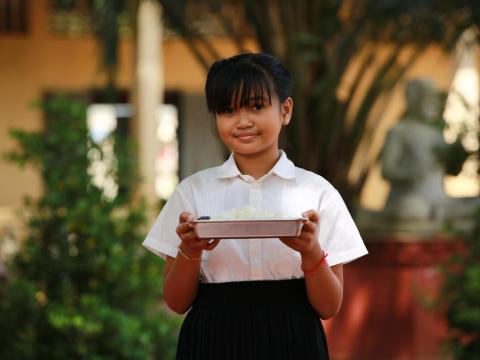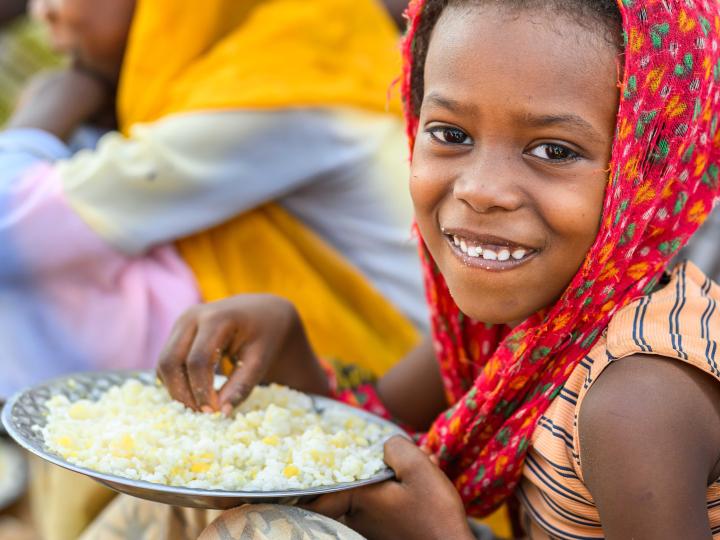
World Food Programme And World Vision Partnership
WFP & WV Partnership reaching 11.9 million of the world’s most vulnerable people, including 7 million children
Three-Decades-Long Partnership
For over 30 years, World Vision and the World Food Programme (WFP) have partnered around a shared vision for a hunger-free world for the world’s most vulnerable children, families and communities. This longstanding partnership focuses on delivering life-saving assistance to crisis-affected populations and promoting long-term transformation.
Together, we work to improve nutrition, health, education and food security outcomes and empower vulnerable communities to become self-reliant.
Key Partnership Facts
Strategic Partner
WFP values World Vision’s strong community presence, operational excellence, and robust risk management systems. As one of WFP’s largest implementing partners, World Vision is trusted to deliver high-quality programmes across a range of diverse sectors, often in the most challenging and hard-to-reach environments.
The partnership is further strengthened by a broad network of strategic and operational relationships between the two organisations at the national, regional and global levels.
Impact Overview 2024
WFP Projects In WV Operational Areas
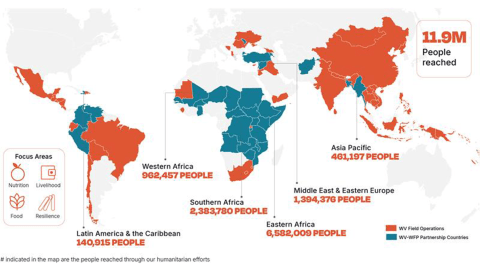
Better Together
World Vision and WFP share a long-standing partnership rooted in the 2030 Agenda’s commitment to ‘leave no one behind’. This collaboration extends beyond program implementation to include active participation in key humanitarian coordination platforms and global advocacy efforts. Key areas of joint engagements include:
Humanitarian Coordination Platforms such as clusters, the Inter-Agency Standing Committee (IASC), the Cash Learning Partnership (CaLP), etc.
Global Advocacy Forums such as the United Nations General Assembly (UNGA), and the Economic and Social Council Humanitarian Affairs (ECOSOC-HAS).
Together, World Vision and WFP advocate for policies and practices that prioritize the needs of the most vulnerable populations. Furthermore, World Vision has formally endorsed the Famine Mitigation and Prevention Compact, reflecting a shared vision and commitment to intensify collective advocacy over the next twelve months to prevent and mitigate famine and starvation.
Through this compact, World Vision pledges to raise awareness of emerging famine risks, share real-time stories from affected communities, and advocate across global platforms to ensure the crisis receives the urgent attention and action it demands. This commitment reinforces World Vision's role as a proactive voice for the most vulnerable in the face of escalating hunger emergencies.
Meet Our Leaders and Technical Specialists
We are led by driven and committed leaders who advocate for dignified humanitarian action that not only saves lives but also protects the rights of affected children and their communities.
